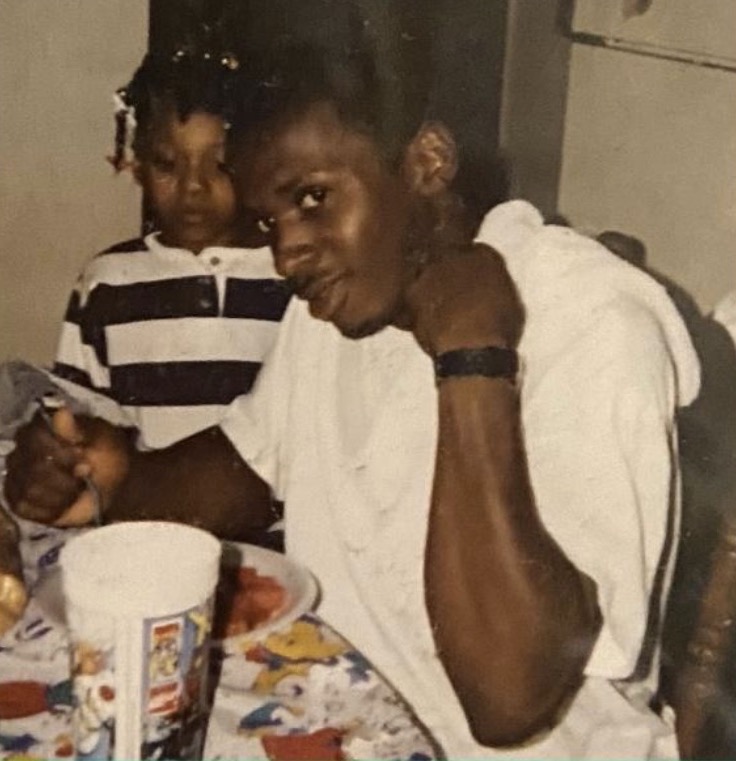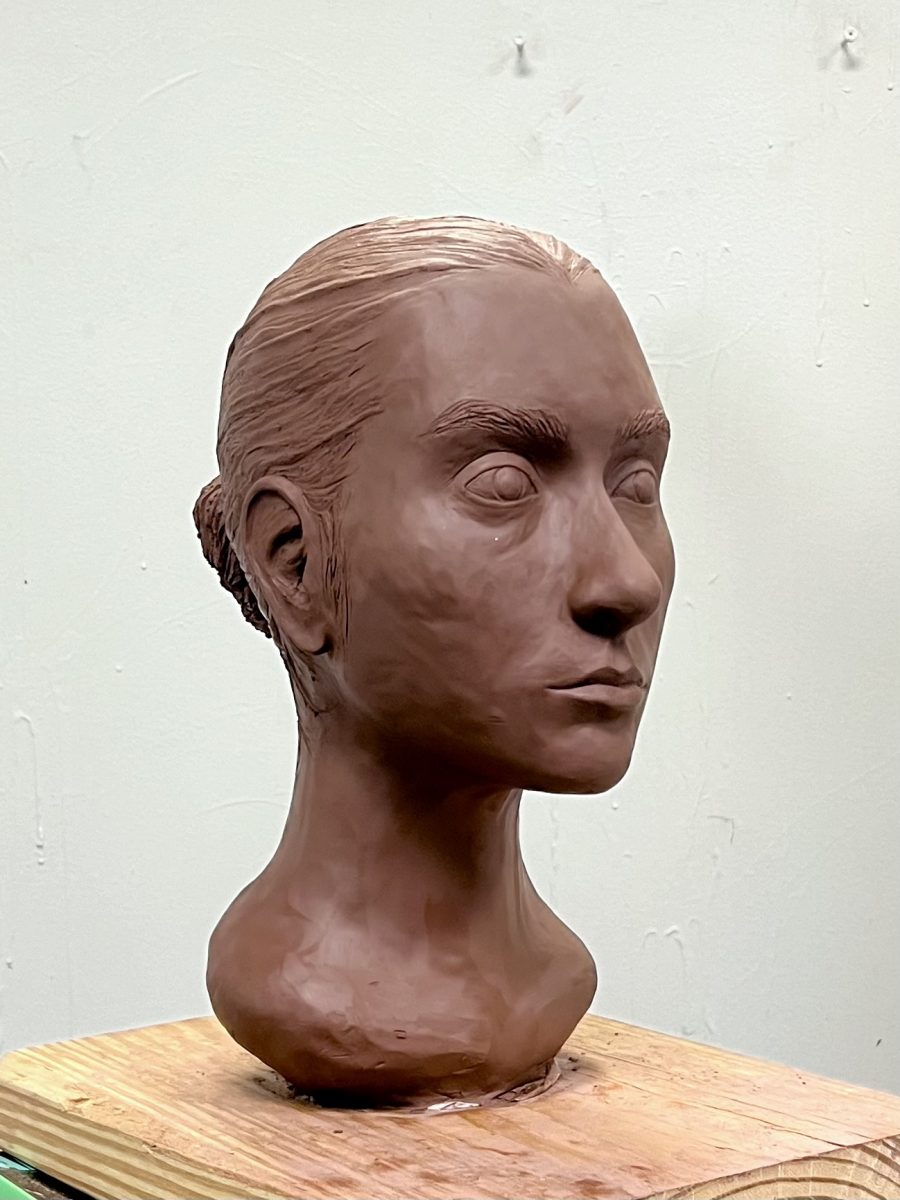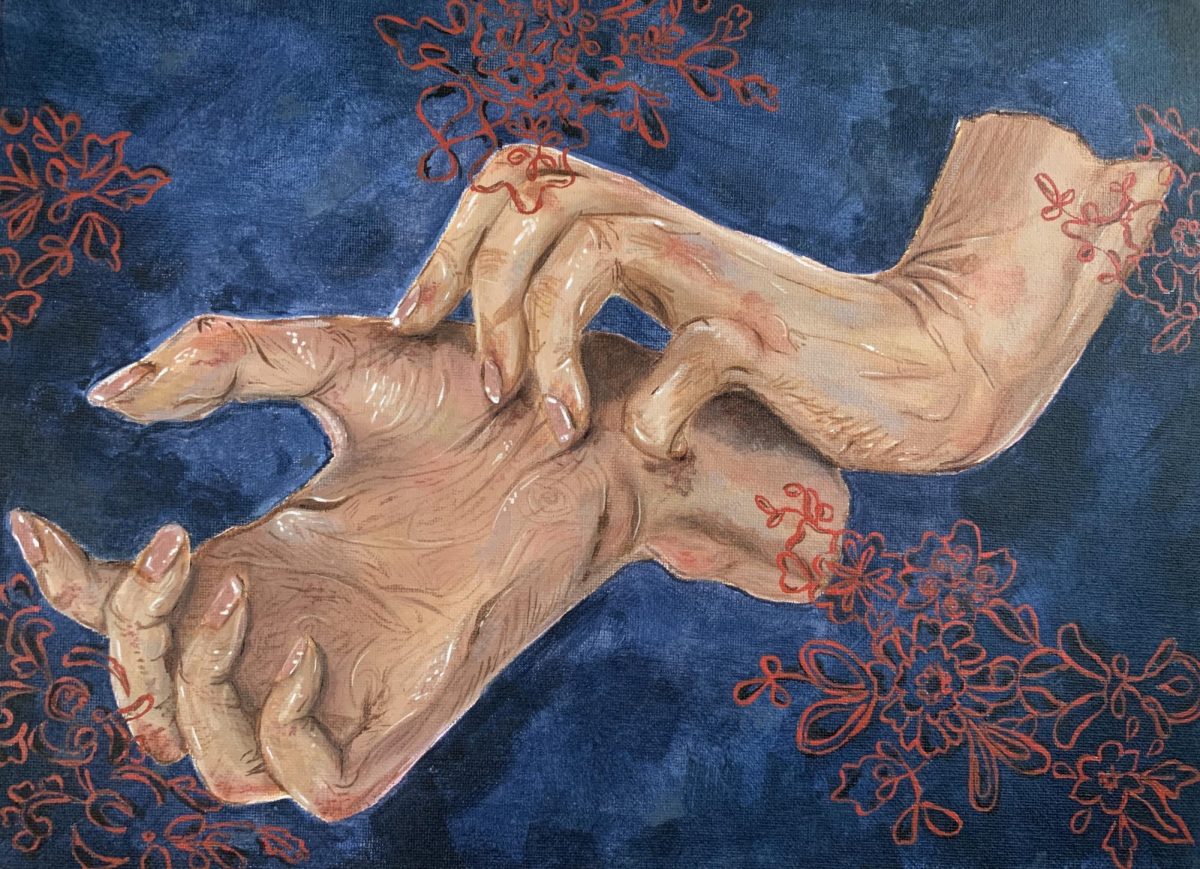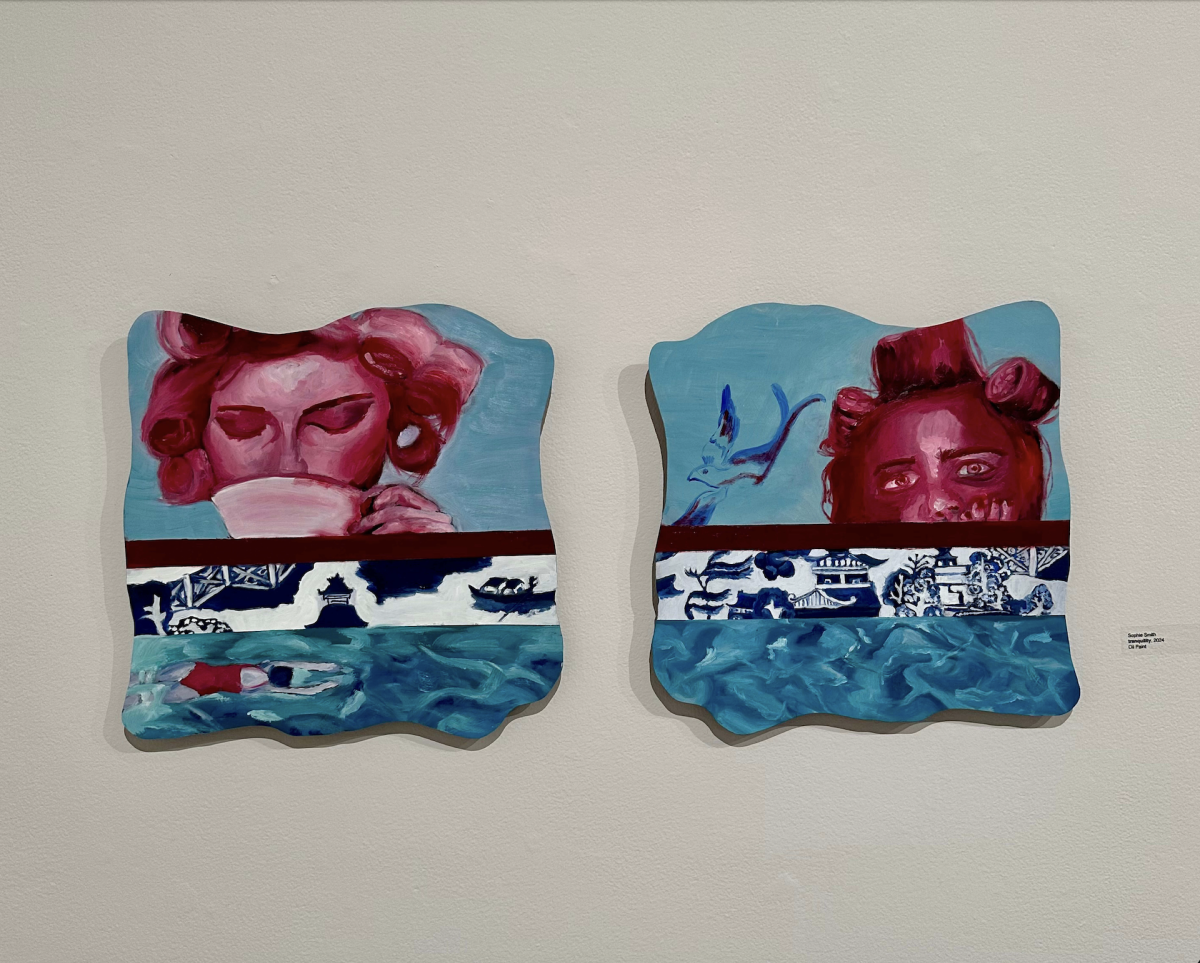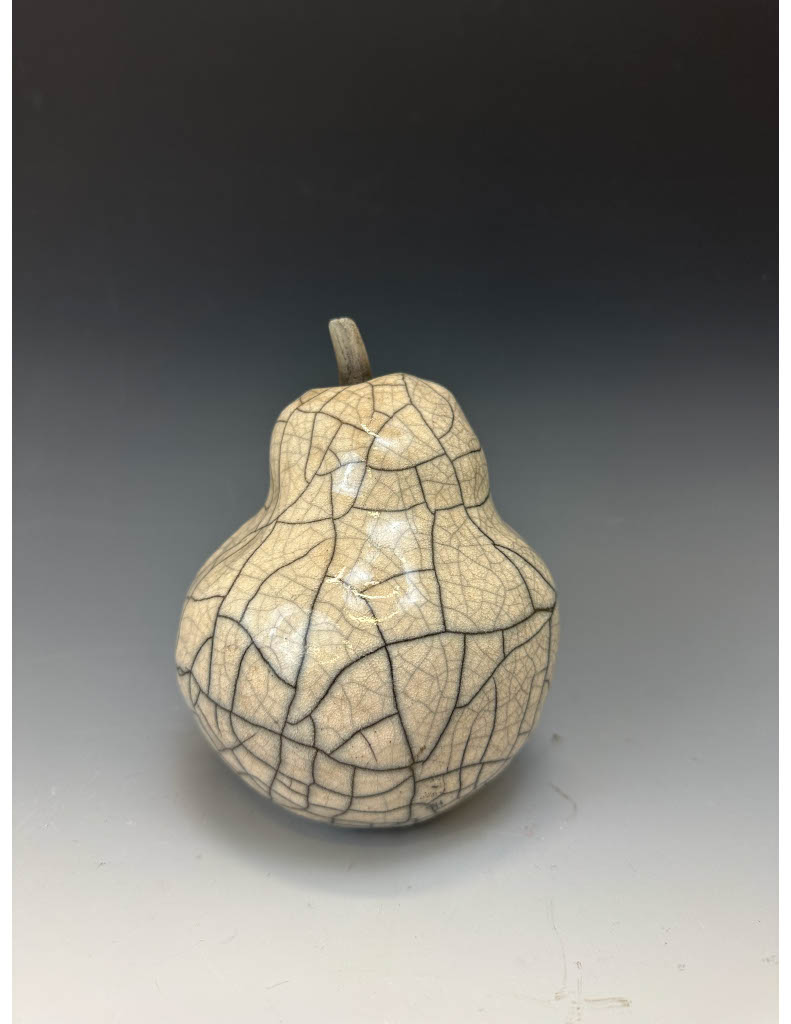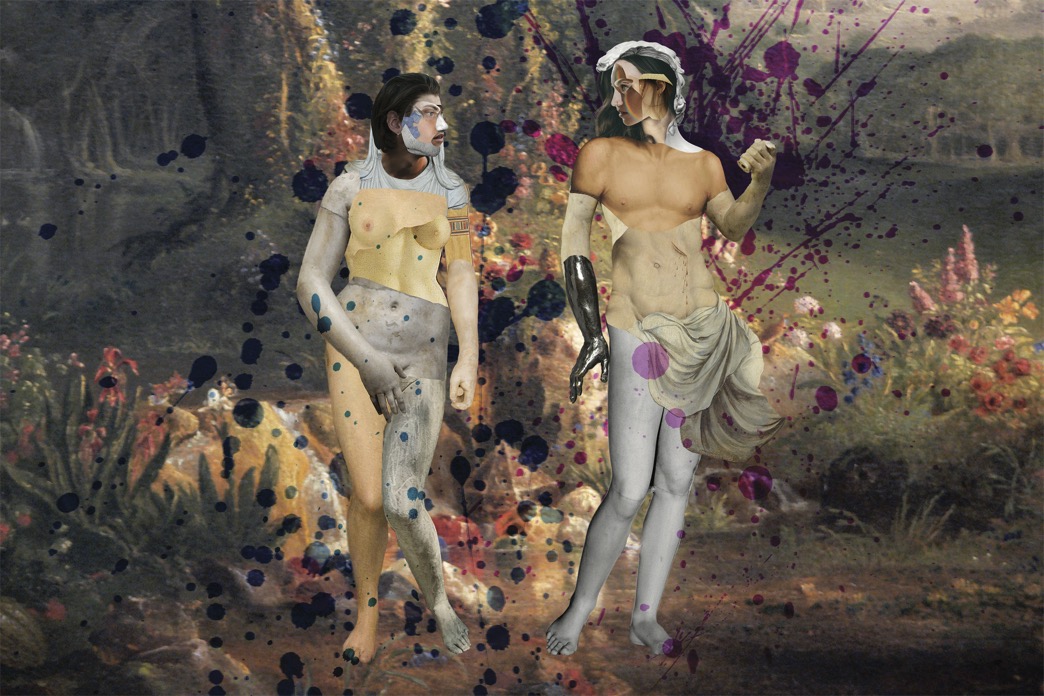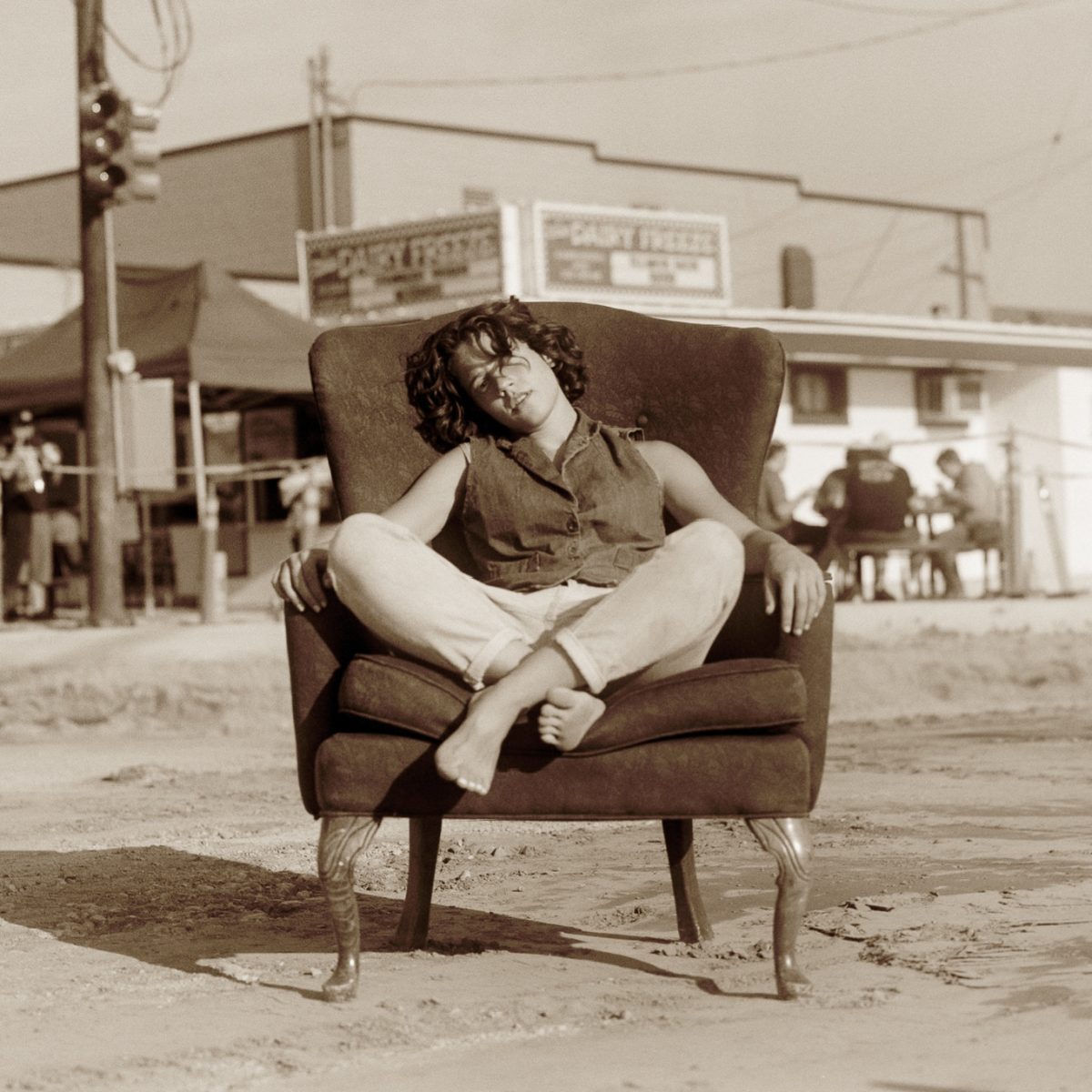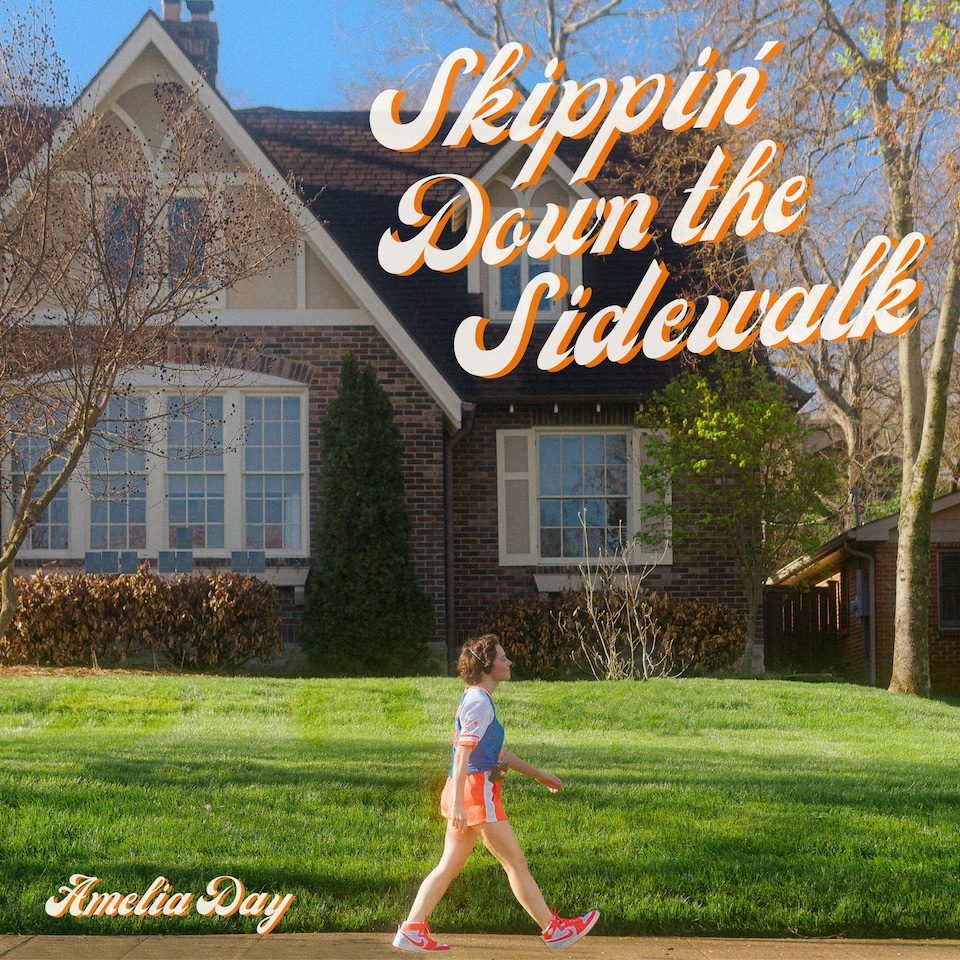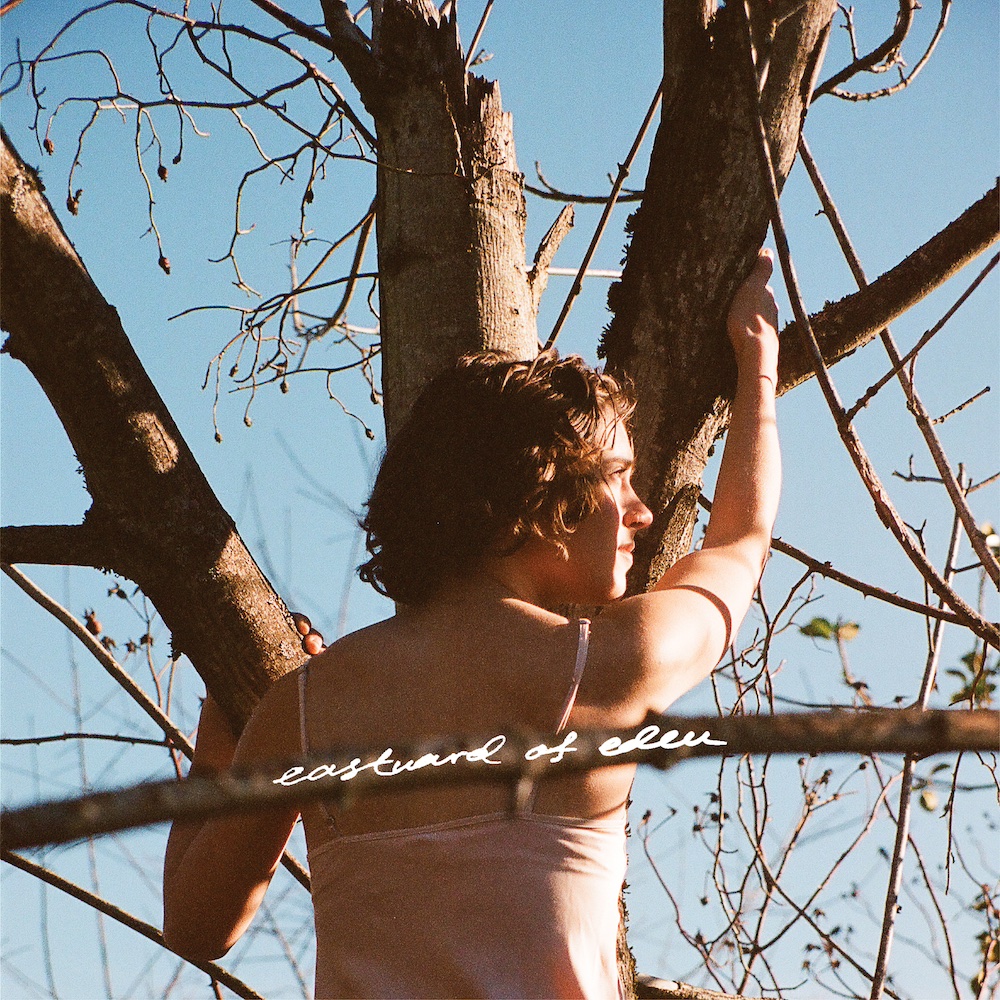I once couldn’t understand Klaus. When our mother squeezed us together on either side of her body with an unbreakable force, Klaus and I would catch each other’s stares. He seemed so happy to see me, or maybe he was just happy and seeing me. I remember how we spoke in stares when we were young. I remember his dark green eyes telling mine that I was a stranger while he dribbled a soccer ball in the yard. Our eyes met by chance, but once they found each other, neither of us could look away.
Seeing Klaus for the first time in over seven years reminds me of my past life in Sydhavnen. He smells like he doused his body in a cologne of our old home. His hair is shorter now, tamed from his teenage era of drunken nights and then-untouchable hair. He looks at me the way I wish he always had, like I’m his little brother.
“Lillebror,” Klaus says in between drinking his beer. He places the Weizen glass on the table, far enough away from our game of snyd. “Din selvtillid er farlig.”
“Er det et forsvar?” I reply with my best poker face, smiling-unsmiling at the five dice under my leather cup. Klaus breathes out a chuckle too faintly for me to know if he is being serious or sarcastic.
The luminescent bar lights begin our permanent sundown. Two tables down from us, a group of men start pounding the wooden tables to a rhythm. Their baritone voices carry on “Der er et yndigt land” with ripened vigor and pride. I give the men my curious glance. Klaus hums along with the tune, tapping his foot like a metronome for the rising applause. We lift our covers from the dice.
Six 6’s. Precisely my bid.
Klaus tumbles one of his dice onto the table’s center. He then gulps his beer to a frothy finish before readying his hand over the dice cup. We shake the covers until we reach mutual satisfaction. Klaus peeks his numbers first. His right eyebrow raises to God as if he unveiled a holy sign. He doesn’t look at me as he makes his bid. We play enough rounds for me to forget. By the game’s conclusion, Klaus takes his victory soundlessly.
The singing men have quieted now. They sang until they knew the song was tired, once the clapping couldn’t survive another verse. Wessels Kro—the bar that we are in—is known for spectacle, though my father reveres Alléenberg nights. The key, he said, to a good time is in the keys of the piano.
I knew my father through Klaus. I knew of his favorite drink—Fernet-Branca—which he drank faithfully on Sunday evenings alone. I knew of his days playing håndbold in the streets and the bruises that he got from those games that would become his mementos. I knew of his generational watch collection of time-telling faces that I would only see more of when he graced my eyes with a new timekeeper strapped around his wrist. I knew my father so well he didn’t have to tell me these things himself. Had our family dining room not been so entrenched in meal-eating rituals, I am sure I would have forgotten his voice. Klaus stopped relaying father-son moments to me once he entered gymnasium, and I swallowed the risk of forgetting my father’s character altogether.
I push aside our dice and leather cups once I catch a whiff of smørrebrød.
“Jeg ved præcis, hvad du tænker,” Klaus says, getting up from his seat and walking off. He returns a short while later with a platter of eight dishes, two each of four varieties. Seeing the open sandwiches, coupled with breathing in notes of butter, meat, and cheese, hunger me though I am already full. I pick up a slice with Klaus and toast before taking a first bite. The pickled herring, red onion, and dill sing in my mouth. Unsalted butter, I note. Wise choice.
Klaus’ creeping hand pauses midway through getting the smoked salmon. I am still chewing, and he has already finished the first sandwich. “Er du kok for tiden?” It’s as if he heard my culinary thoughts.
“Ikke engang tæt på.” I take another bite of my sandwich. Munching, Klaus looks at me with a full mouth. “I never went back to culinary school after Mom died,” I say. Klaus stops eating. English slipped before I could fully process the words. He can’t know that I’ve moved to England, that I haven’t spoken Danish in years.
“Was…wasn’t it Le Cordon Bleu London?” He asks. I nod and chew. I can’t take my eyes off the platter. Tingling in remembrance, my ears perk up, replaying kitchen sounds. Smørrebrød was the first dish I presented to my instructor. She tasted the herring and immediately spat it out into her hand. That amount of salt kills, she said, wiping her hand against the plate and moving on to the next dish. She dismissed me so quickly that her eyes didn’t have time to meet my face.
I blink away the memory and look around. A bartender tosses a shaker in the air and catches it with both hands before going to work. The ingredients sound like rolling dice.
When I look back at Klaus, he is already down to his last smørrebrød. He leans back in his chair and gestures for me to continue eating my half of the meal. I grab the next slice and nibble. The salmon tastes unloved, but I finish the sandwich anyway. I should’ve suspected that a bar—Wessels Kro, even—has its culinary limits.
I take a third slice out of intuition. Klaus smiles with crumbs in his beard. I almost laugh. He scratches his facial hair before the crumbs have a chance to become a running joke.
“Where did you go?” Klaus asks. It’s the kind of question that cuts both ways, and he knows this. We haven’t spoken to each other since the funeral. That day, Klaus kissed my forehead for the first time. I had just come back to him after walking to the casket. I shivered at the view, shivered in his arms as he rubbed my shoulders slowly. I leaned into his chest and planted my face onto his black suit. It was then that I realized Klaus, too, was shaking.
We talked for hours after the burial. We went out afterwards and were too drunk by the end of the night. After I heaved over the toilet for what felt like hours until only saliva trailed out of my mouth, I decided that I couldn’t stay in Denmark. I couldn’t walk Copenhagen streets the same way anymore. I couldn’t bypass Irma without thinking of mother-son grocery trips. I hand-picked the prettiest kale and cucumbers for her basket. I couldn’t stare too long at the trees without reminiscing about family trips to Botanisk Have. She held my hand every year we went, and the more years that passed by, the quicker I let go until her clasped invitation was immediately rejected by teenage confusion.
I was waiting for a train. My heart knew long before my mind could orchestrate a plan. I tumbled into my room and squeezed my life into a suitcase. I ripped apart oversized posters that suddenly looked ugly and kicked my bed until my toes begged my brain to stop the madness. Limping, I made enough noise on my way to the door to wake my father from his oversleeping or sober Klaus. Neither of them met me in the final three seconds I examined our home. I wiped my runny nose and marched out the door—my finale. A part of me had to die that day or I would grieve forever.
I pick up the last smørrebrød like it’s heavy. I barely bring it to my mouth and chew.
“I am home now,” I say, spitting a bit.
Klaus nods. “Far savnede dig meget.” I shrug off his words and wipe my mouth before finishing the sandwich. “You were the missing piece, Rasmus. The last of Mother that we had left. She’s in your cooking, in your smile.” Klaus’ nose blooms pink. He looks at me with pained eyes and sniffs. “Stay, lillebror.”
He extends his hand across the table. The rest of the bar blurs as I grab hold of his hand and squeeze tightly. Just like when we were young, Klaus smiles his brotherly smile. Laughter rolls from his mouth in hiccups, and before long, we become the loudest Danes in the bar.
Twenty Years Later
My father and I stand outside of my restaurant. White smoke escapes our nostrils and diffuses into the wind. My father squints his eyes at the white letters on the black overhead sign.
“Træ og…Sten?” He reads aloud before looking at me to confirm he said the right words. I knew he wouldn’t accept the name so easily. “Hvorfor Træ og Sten?”
I tell him that cooking starts with wood and stone.
Flurries come down from the night sky as I walk to the building front and unlock the door. I keep it open for my father to follow. Once his fist meets the doorframe, I run around the reception desk and flick the switches. Pendant lights glow orange all around the dining area. In total, eleven wooden tables of various sizes occupy the space.
I pull the closest chair out for my father. Gripping the table, he lowers as quickly as his knees will allow. I take off my jacket in the meantime and fold it on top of the adjacent chair before sitting. My father leans back to eye my jacket and then refocuses on my cook attire: a plain white tee behind a blue apron and some black pants.
“Hvilken dag er det?” I ask him.
“Tirsdag den 30. marts.”
“Hvad er dit navn?”
“Jeppe.” Is this a good day? I hide my hope in my heartbeat.
“Hvad er mit navn?”
“Klaus.” My father responds with his chin raised.
“Nej, hvad er mit navn?” He smiles innocently. “Jeg er din anden søn. Hvad er mit navn?” I wait until the waiting pains me. I search my pockets for my phone and type in “Illusion” by Laban. My father taps his foot to the beat once Ivan joins Lecia in the chorus. About forty years ago, my parents danced to this song in the living room. Their hips joined together and swayed left and right. On the carpet and off to the side, I watched them through the VHS recorder. Klaus was beside me on the floor. I turned to view him after a while and zoomed in on his youthful face. His eyes wandered until they found the camera.
I stop the song before it reaches the one-minute mark. My father’s eyes are closed now as he hums the rest of the song from memory. His head teeters from side to side, and I want him to imagine the VHS tape and hitting play. His eyelids soften after some time and reveal his blue irises. I can’t tell if his cluelessness is in remembering that time long ago or my questioning he would ever forget.
“Sikke en dejlig sang.” My father motions to get up but then looks back at me. “Hvor kan jeg få noget vand?”
“Jeg finder det frem.”
I push my chair back and walk over to the kitchen, maneuvering past a few tables as I make my way there. I turn on the kitchen lights. The silver appliances crystalize the blue-white lights from above. I glide my finger against the edge of the stove and stare at my reflection within its material. I turn my face for new angles and stop when I look most like Klaus. My full beard hides my lips well. My hair flows backward, short and clean, though my hidden curls find their way to deny the relentless combing. Maybe my father wasn’t wrong for assuming I was my brother. We’re the same person, eventually.
With my hands on my hips, I walk three paces to the right. The glasses hang upside down on the shelves. I grab from the stock and fill a glass with sink water. I leave the kitchen with chef energy and hand the glass of water to my father without sitting down.
“Tak.” He grabs the glass unsteadily and enjoys two sips. Lowering to his height, I rest one of my hands on his chair and the other on mine.
“Hvad vil du have til aftensmad, far?”
My father looks out the window at the rising snowfall. He takes a deep breath and turns my way.
“Sådan en aften som denne, drømmer jeg om et hyggeligt måltid—som porretærte. Ja, din mor lavede den bedste porretærte i Sydhavnen.” He returns to viewing the snow. “Den bedste porretærte i Sydhavnen.”
She really did make the best porretærte.
I pat his shoulder and collect my mother’s recipe book from my jacket. I open the leather cover onto my hand and flip through the pages on my way back to the kitchen. I mumble the Danish titles until I set the book on a metal table, then skimming silently. When I finally find the porretærte recipe, I touch my signature beside my mother’s at the bottom of the page.
“Bare kom. Skriv under,” she had said long ago. I twiddled with the pen until the moment felt right to mark my name on the page. My mother ruffled my hair and kissed my head. “Min lille hjælper.”
No matter how old I got, I was always her little helper.
I read over the ingredients before finding them in the kitchen. I set wheat flour, butter, and salt beside the recipe book. After getting a bowl from under the metal table, I drag the ingredients to the side and take down a kitchen scale. Obeying the final verdict of the numbers, I measure precise quantities with the machine. I pour the flour, crumble the butter, and dash the salt into the bowl. I add two tablespoons of water to begin mixing. More water trickles into the dough somehow as I press through its thickness with my fingers. A whimper escapes me, and I see my hands blurry-eyed.
I gasp at seeing my tears fall. I dump the dough in the trash without hesitation and hose the bowl clean. Starting over, I think about how my mother moved in the kitchen. She walked softly on her heels, barefoot if she was in the mood. Her hands rode the wave of cookery in tune with her humming. Her wrinkleless, high-waisted pants were the color of her earthy eyes. I studied her movements from the kitchen stool once until my help was needed, until she finished kneading the dough.
I spank the dough beside the recipe book and line it against a pie plate, firm and delicate. I seize a fork from my apron and press and press on the pie base. Satisfied, I step back and journey to the fridge for leeks and bacon. I turn on the stove and slap a pan on the fire. I separate the leeks from the bacon on the counter and cut through each with its own knife. I toss the bacon in the pan and shake. Turning around, I set the oven to 200 °C.
I don’t walk all the way out of the kitchen to check on my father. I can see him sleeping from here. His head drifts to the side in the rising and falling of his body. I return to my workstation to finish the pie. I fill the base with leeks and bacon. After whisking in some milk and eggs, I add tomato slices and search for oven mitts. I hold the pie with a precious balance and place it in the oven. I twist a nearby timer to thirty minutes and walk over to a bare wall to lean against, waiting.
I haven’t made porretærte in years. The ingredients were simple, but I could never do justice to my mother’s legacy. She used an ingredient that, for the longest time, I could not find. With practice, I learned that I needed to look beyond the physical ingredients. The essence of a good meal is in a good chef. What does it take to be a good chef? I still don’t know after all these years of trying to be one.
I keep my mother’s recipe book on standby these days, although I hardly open it. Reading her handwriting and smelling the faint scent of past meals in the tattered pages often are too much to bear. Her birthday is fast approaching, however. I always try to honor one of her recipes around this time, and I figured it wouldn’t hurt to bring my father along—if he was willing.
I have been meaning to cook my father a meal for the longest time. When I first opened this restaurant twelve years ago, Klaus promised me he would bring our father with him. I clenched my jaw at seeing him alone and paced around the front entrance, biting my nails.
“Jeg er ked af det. Han ville ikke komme,” Klaus said. I threw my hands up from hearing his words.
“Han vil ikke se sin egen søn åbne en restaurant?” I lower my head, shaking it. “I should’ve stayed in London.”
“Nej.” Klaus stops me with his hand on my shoulder. “‘I am home now.’ Det er, hvad du fortalte mig, da du først kom tilbage. Look at how much closer we have gotten since then. Don’t say things like ‘I should’ve stayed in London.’”
I could’ve stayed in London.
The timer goes off in a frenzied chime. I clothe my hands in oven mitts after silencing the timer. I peer through the oven glass to determine the pie’s readiness. It’s golden-brown, like the wood of my restaurant tables. Opening the oven, a massive heat wave greets my face with a porretærte melody. I almost get lost in the warmth and aroma. I pick up the pie and place it on the table behind me, thereafter closing the oven door.
“Sigrid!”
My ears perk up and ring at the shout. I temporarily take off the oven mitts to gather two plates and silverware. After I set them beside the pie, I put the mitts back over my hands.
“Sigrid!” My father’s voice gargles with the name. “Sigrid!” Sacred, I hear. I grab the pie and lay the plate on the table in front of my father. His smile and laughter tell me, yes, this is a good meal, yes, you are a good chef. He didn’t need to taste it to know, for the twinkle in his eye said it all.
Before I head back to the kitchen, my father grasps my arm and nods at my seat. I follow his wishes and put my mitts aside. He looks at me with uncanny remembrance, with living eyes that have seen all.
“Let us wait for your mother, Rasmus. This is her best porretærte yet.”
So, we wait. Even as the minutes go by, I ponder a prophecy of when my mother will join us at the table. I can hear her footsteps. I can smell her in the room. She must be on her way.
